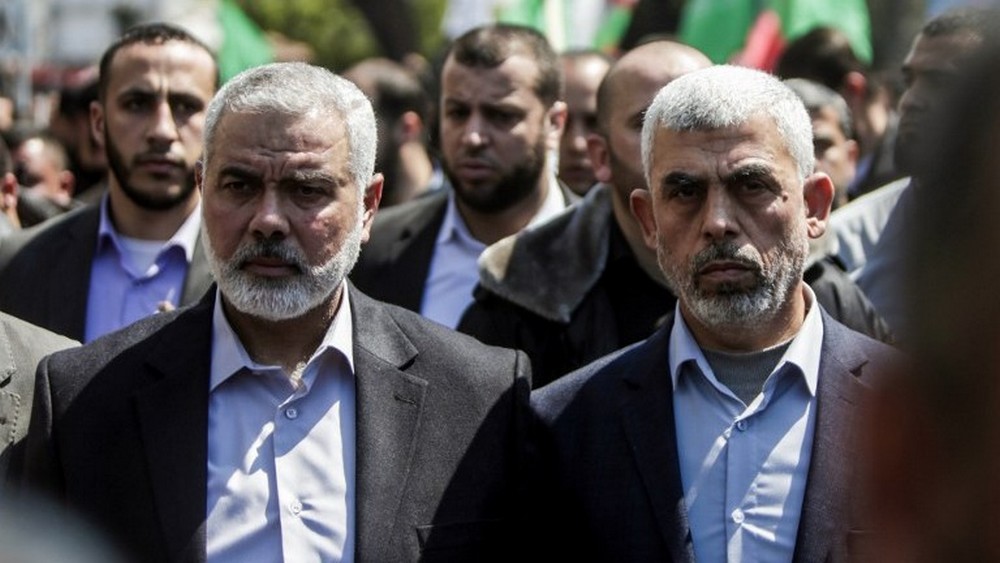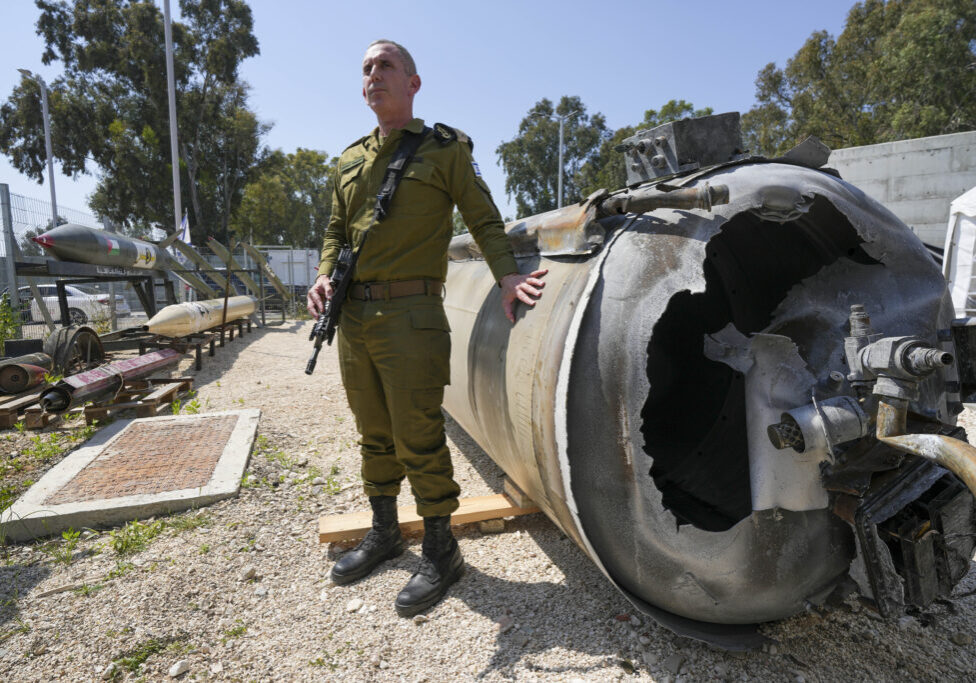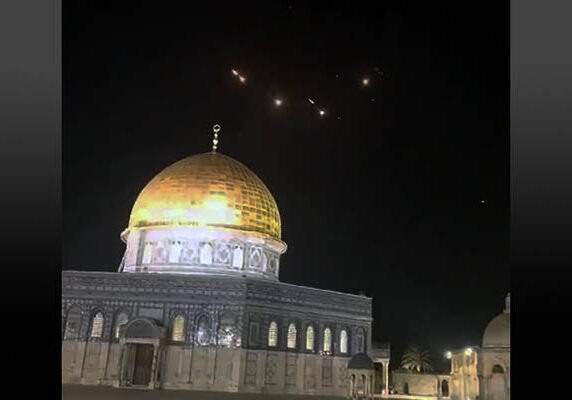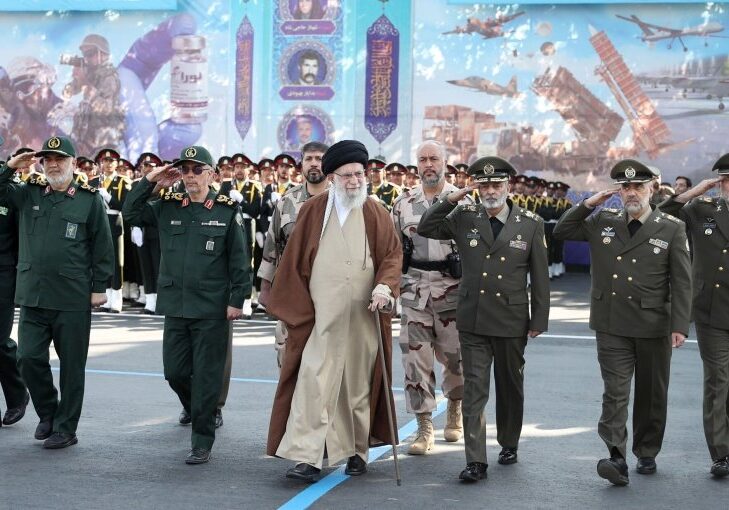Australia/Israel Review
Media Microscope: Split Decision
Oct 10, 2017 | Allon Lee

Allon Lee
Whether it was genuine or a publicity stunt, Hamas’ announcement that it is willing to talk about a unity government with its secular Fatah rival and even hold elections certainly was a rare example of Palestinian internal politics that made the mainstream media sit up and pay attention.
On SBS TV “World News” (Sept. 17), newsreader Lee Lin Chin briefly outlined the origins of the split in 2007. However, when she said that Hamas has agreed to “dissolve the committee that rules Gaza which was set up in March,” the average viewer would likely have no idea what she meant.
SBS World News Radio (Sept. 18) included reaction from ordinary Palestinians, including one who said, “after suffering… for 10 years and more, I started hoping that Fatah or Hamas never come back.”
The Age and Sydney Morning Herald hard copies ignored the story, relegating it to a very short Deutsche Presse-Agentur (DPA) report online.
This included no detail of the history of the split between Fatah and Hamas, nor even the recent hardball tactics employed by the former to pressure the latter to ostensibly reach this decision.
ABC Middle East correspondent Sophie McNeill limited her report to an online Reuters hybrid news story (Sept. 18) that largely avoided editorialising.
Elsewhere on the webpage, a link pointed readers to a past report from McNeill with the large headline “‘Hamas are not extremists'” succinctly summarising the gist of that earlier piece.
That night, Hamas’ announcement was covered in brief by host Beverley O’Connor on ABC TV News24 “World”.
However, ABC News Radio gave extensive coverage to the development, using reports and interviews from Deutsche Welle, BBC and Al Jazeera.
ABC host Fiona Ellis-Jones interviewed US-based academic Peter Krause, who noted that Hamas still refuses to recognise Israel.
Later that day, News Radio ran an instalment of BBC Radio’s “Witness” looking at the Sabra and Shatilla massacre that occurred in mid-September during the 1982 Lebanon war from the perspective of Dr. Swee Ang who treated wounded Palestinians.
Dr. Ang is an extreme anti-Israel activist who has justified suicide bombings. In 2014 she allegedly promoted a video entitled “CNN Goldman Sachs & the Zio Matrix” that featured notorious former Ku Klux Klan Grand Wizard David Duke pushing his usual canards about Jewish/Israeli “power”. Recommending the video, Dr. Ang allegedy wrote, “This is a shocking video please watch. This is not about Palestine – it is about all of us!”
Given her background, which was not mentioned, the story was fairly balanced, though the explanation of the casus belli that precipitated the Lebanon war’s outbreak was inverted. It did make it clear that it was Israel’s Christian allies who perpetrated the massacre in retaliation for the assassination of their leader Lebanese President Bashir Gemayel, whilst noting that an Israeli commission of inquiry placed indirect responsibility on the Israeli Government.
The Australian ran a number of reports on its website but for its hardcopy folded the factual details into an editorial (Sept. 19) which said that Palestinian unity is a “prerequisite for credible… peace talks” but it “remains a chimera”.
Negotiations can only take place with “a united, credible and democratically elected leadership,” but “the last Palestinian election was in 2006, when Hamas won a surprise victory that created the deep rift” and Palestinian President Mahmoud Abbas “is now 12 years into the four-year term to which he was elected.”
Hamas, it noted, is “classified as a terrorist organisation by most major Western nations” and “recently has been building a close alliance with Iran.”
It warned of the dangers of fresh elections, with polls showing Hamas would win in both Gaza and the West Bank, arguing that “the woeful history of the past 10 years means this Hamas statement must be treated with great caution.”
Two days later the paper used a Times (UK) report of a meeting between Israeli PM Binyamin Netanyahu and Egypt’s President Sisi which provided informative extra background to Hamas’ announcement, explaining that “Gulf sources said the agreement was achieved in large part thanks to the severing of Qatari funds to Hamas, a side-effect of the schism between Qatar and its neighbours. Egypt, Saudi Arabia, Bahrain and the United Arab Emirates have imposed sanctions on Qatar, accusing it of funding terrorist groups including Hamas.”
Tags: Australasia






